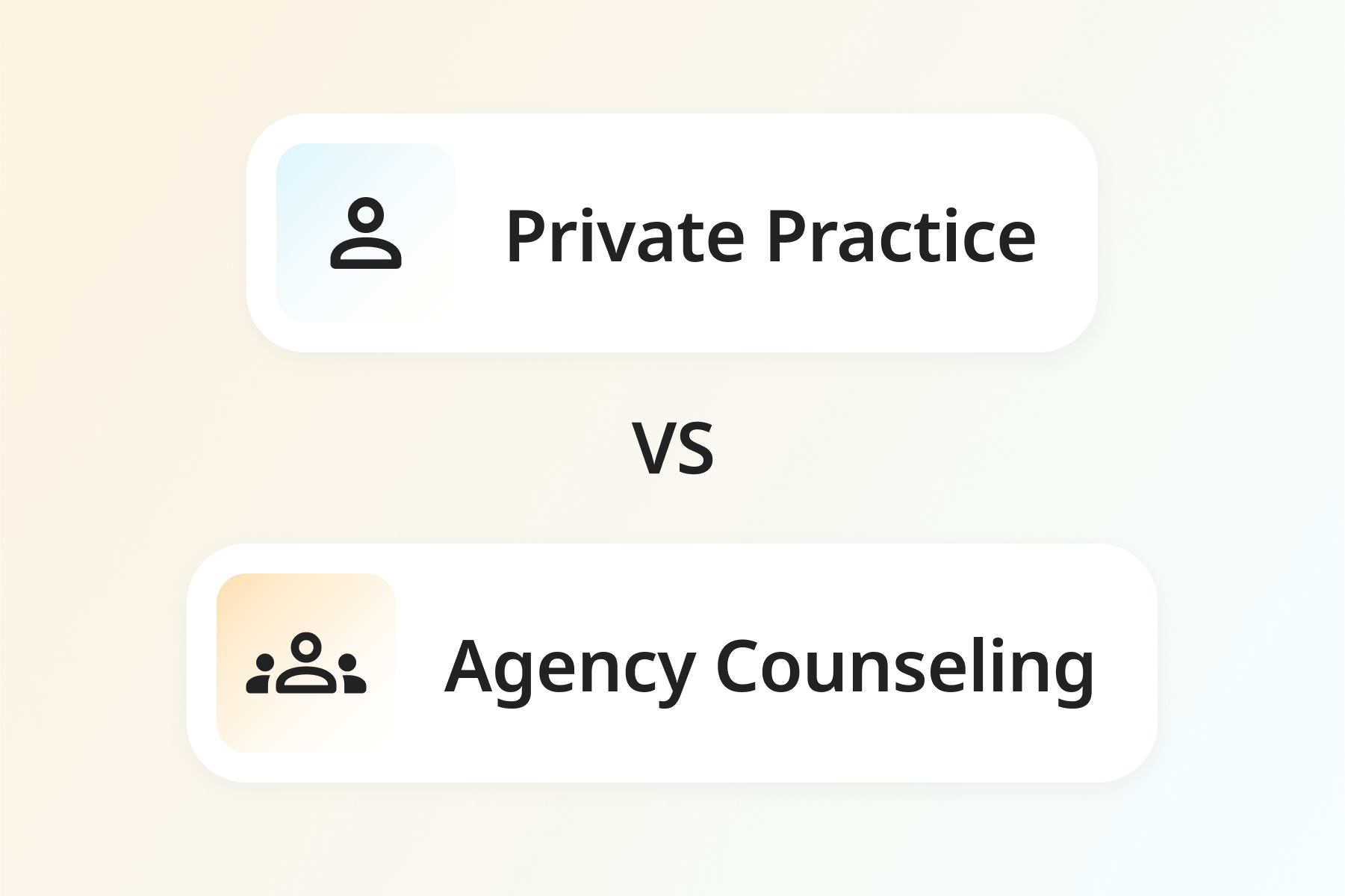An Impolite Topic: Money


My mother taught me that in polite conversation with strangers, I should avoid talking about politics, religion, or money. Forgive me for breaking this rule and discussing money with you today.
Most therapists were not primarily motivated by income when they chose this profession. But many of us realized after graduate school that we should pay attention to finances if we wanted to survive as therapists and support a family.
I was quite naive about this topic early on. “This is an easy calculation,” I thought. “I’ll see 40 clients per week at $150 per session. 40 clients times 52 weeks times $150 equals $312,000 per year! Should I call the Mercedes dealer now and make a reservation?”
What I failed to take into account was:
- Even with excellent marketing and a great referral network, most “full time” therapists rarely see more than 30 clients per week, and often less than 20 per week
- Holidays, vacations, and sick days mean that you won’t be working 52 weeks per year
- A self-employed person pays more in taxes than an employee does – there is no employer with whom you can split tax payments
- Though you may have some “self pay” clients who will pay your full fee, the per-session income for insurance clients most likely will be between $50 and $100 per session, depending on the carrier
- You’ll have to pay rent for an office, carry your own health and liability insurance, set up your own retirement plan, and cover the other miscellaneous expenses of running a small business
Even considering all of these factors, many therapists make a very comfortable living, have a great deal of job satisfaction, and have meaning in their lives that far exceeds that of other professions. It is undeniably a great career choice! Now, let’s see if you can maximize the income while holding on to the meaning and the job satisfaction!
Obviously, there are two ways to do this: (1) maximize your income, and (2) reduce your expenses.
How Therapists Can Maximize Income:
- Use the “thermostat method” for marketing. When it gets “cold” (few new referrals coming in) turn up the “heat” (use the spare time to visit new potential referral sources and renew the relationship with existing referral sources).
- Consider adding services for which higher fees are traditional: court testimony, consulting to industry, group therapy, and fee-for-service relationship counseling.
- Buff up your web page. Discover which of your colleagues are busiest, and use their web designs as a template for your own. For more website tips, check out Building Your Private Practice Website
- Put this notice somewhere: “The highest compliment you can pay me is the referral of your acquaintances to my practice.” Can’t hurt.
- Sublease your office after hours to brand-new therapists.
- For vacations, take one week off at a time, and make it “Wednesday to Wednesday” rather than “Sunday to Sunday.” Schedule as many clients as possible into the Monday-Tuesday the first week and Thursday-Friday the second week to avoid the big hit to income that a vacation usually brings to a self-employed therapist.
- Consider becoming the head of a multi-therapist incorporated practice. There are many part-time therapists who want to avoid the hassles of running a business, and will be glad to let you take care of these details for a split of their income. We cover the pros and cons of starting a group here.
How Therapists Can Minimize Expenses:
- Unless you are sharing a front office staff with two or more colleagues, you can get by without office staff. Staff salaries are likely to be your highest expense. Use practice management software like TherapyAppointment instead. (Still interested in hiring? Check out our article on The Economics of Hiring for a few things to think about)
- An office location off the main streets and far from downtown is likely to be MUCH less expensive. A taco stand needs to be visible to passers-by; a psychotherapy practice can be well hidden, since there are no “walk in” therapy clients. Want to know more about how to chose your space? We cover it in Shopping for Office Space.
- Consider buying office space rather than leasing it. An old house can be re-zoned for business and refurbished into a homey practice for several therapists. You can hire additional therapists as contractors, or simply rent the space to independent therapists. Here are my thoughts on the two group structures. When you are ready for retirement, the equity in your office space becomes a substantial part of your retirement plan!



